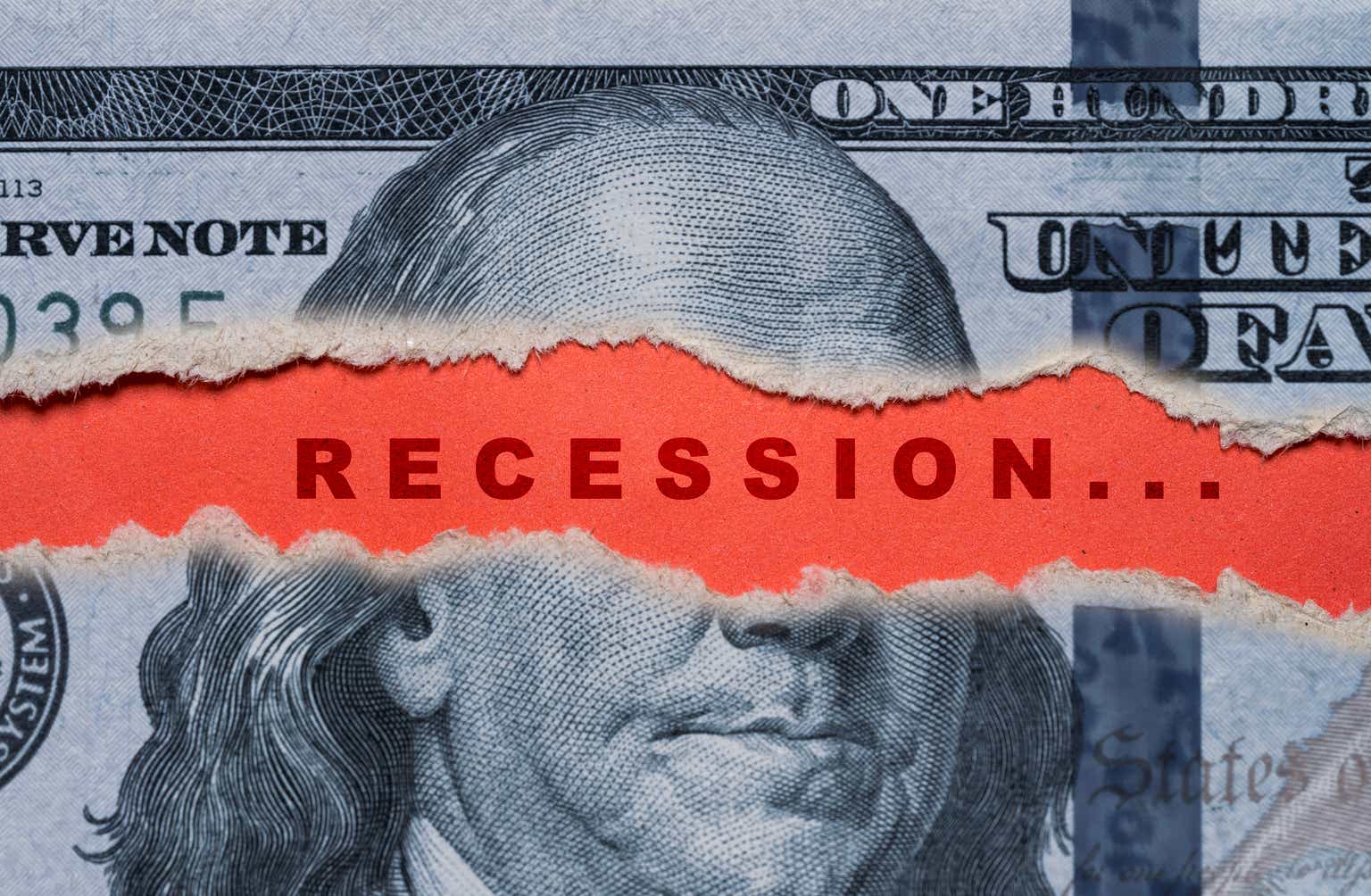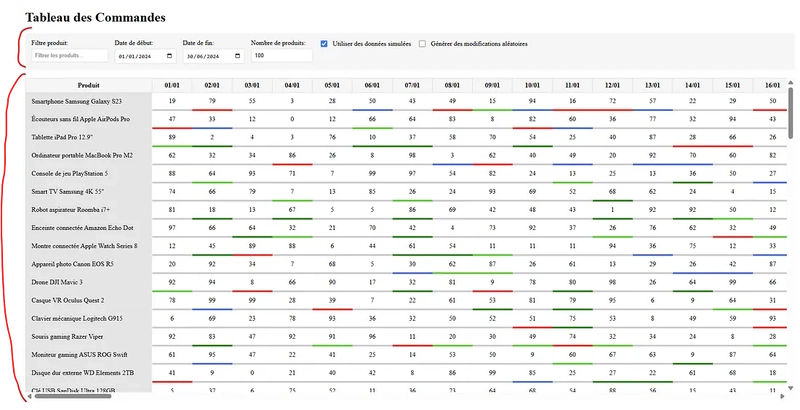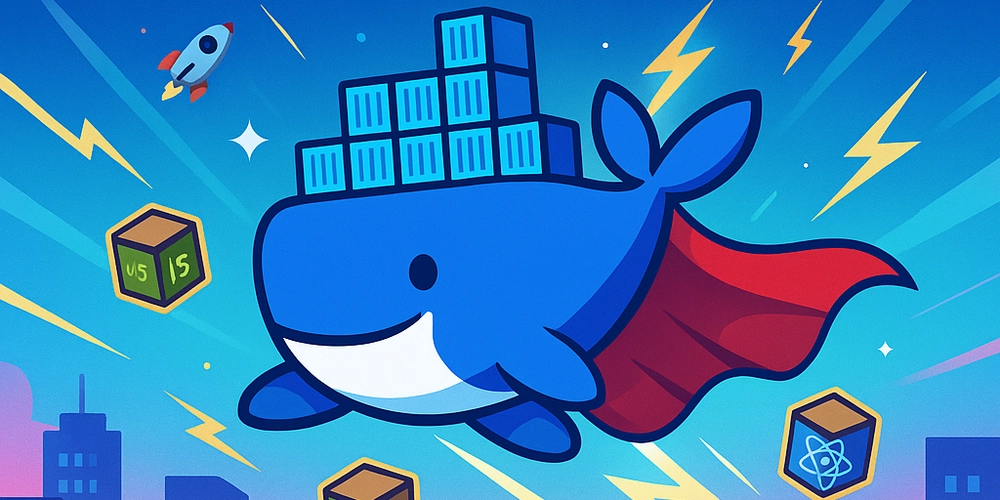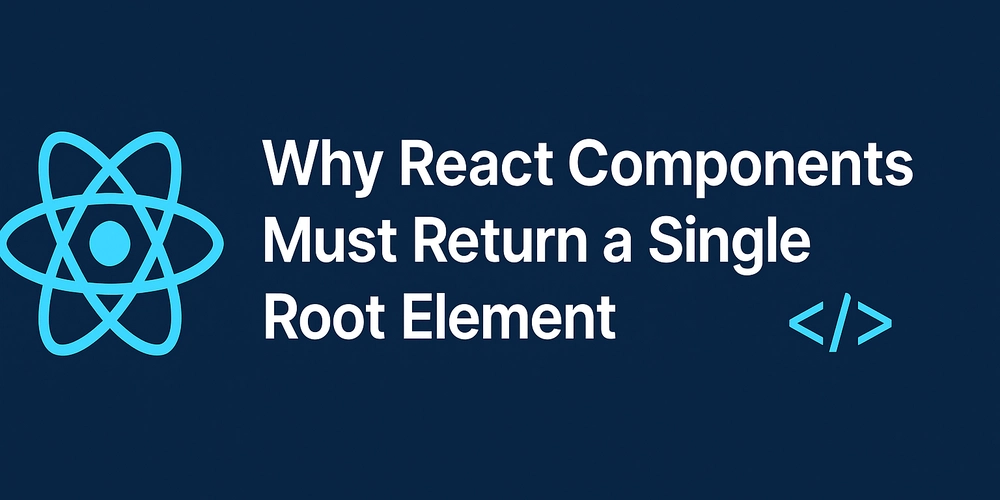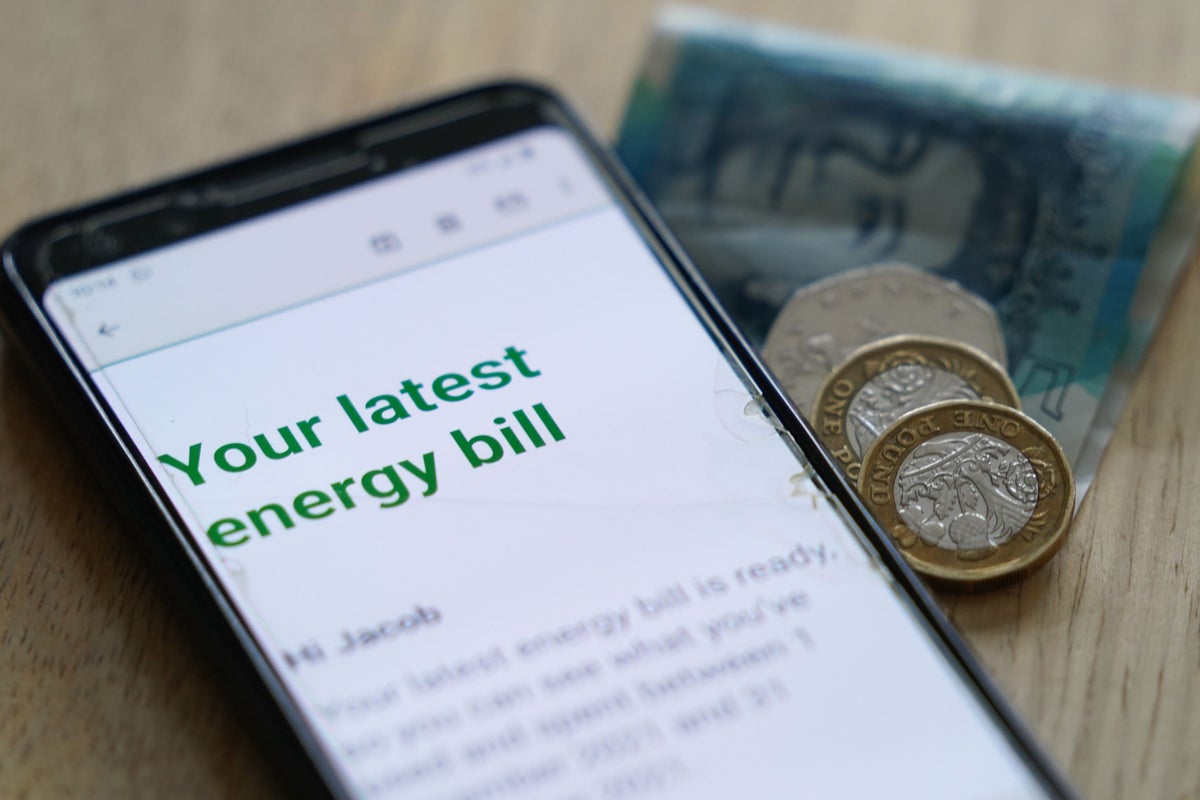Former Trump economic adviser: Tariffs are ‘highly regressive,’ will impact lower class
Gary Cohn, a former economic adviser to President Trump, said the president’s tariffs will be “highly regressive” and hurt the lower class the most. Cohn joined CBS News’s “Face the Nation” on Sunday morning, just after Trump posted online that once tariffs kick in, many people who make less than $200,000 annually will see their...

Gary Cohn, a former economic adviser to President Trump, said the president’s tariffs will be “highly regressive” and hurt the lower class the most.
Cohn joined CBS News’s “Face the Nation” on Sunday morning, just after Trump posted online that once tariffs kick in, many people who make less than $200,000 annually will see their income taxes “substantially reduced” or eliminated.
“The other thing we need to understand about tariffs — and I think this is obvious — is tariffs are highly regressive, meaning that poorer people end up paying a disproportionate percentage of the tariffs, because they spend 100 percent of their paycheck on goods,” Cohn said.
Cohn, who left the first Trump administration in 2018 and now is vice chair of IBM, highlighted how lower-class Americans will use a large portion or all of their paycheck to purchase goods, many of which will have increased prices due to Trump’s tariffs.
“Wealthier people save a bigger percentage of their paycheck,” he said. “So, the tariffs are going to affect the poor people more.”
Cohn also argued the impacts of the tariffs are going to begin to be felt in the coming weeks, toward the end of May.
He noted, as the administration continues to battle with China, which has also refused to come to an agreement after the initial tariff hikes, that the distribution cycle for a product is about eight weeks. After Trump’s April 2 “Liberation Day,” those impacts will be coming soon, he said.
“The lag effect of getting goods to this country will not be felt for another two to four weeks,” Cohn said.






